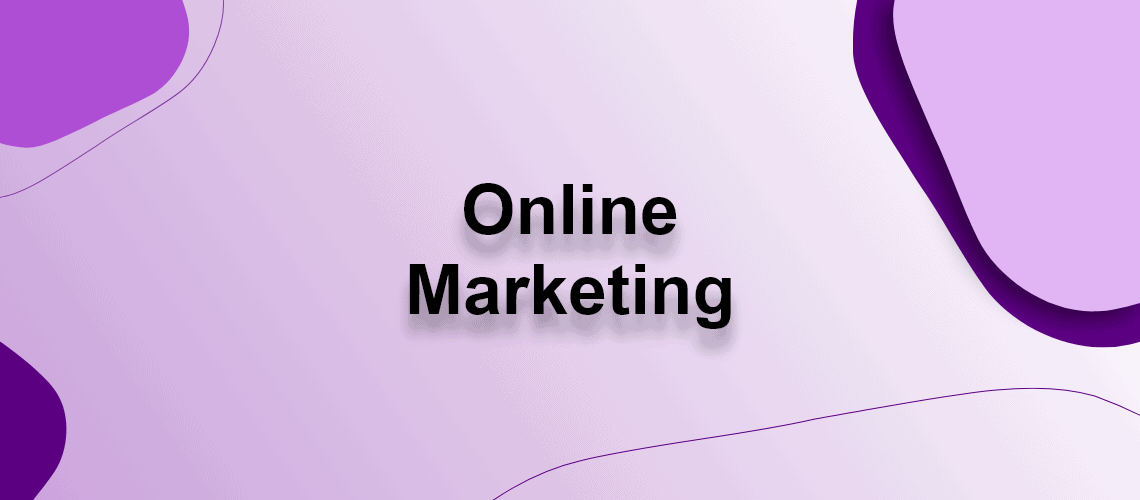The introduction of generative AI summaries in Google search is more than just a technical update – it poses a serious threat to the business model of digital journalism. 📰 Search engines are increasingly becoming answer engines that utilise content without remunerating the creators. While the public debate centres on quality and accuracy, publishers are coming under economic pressure from automated content aggregation.📉
Initial studies show: AI summaries sometimes halve click rates – from 15 to 8 per cent. This is an existential problem for publishers who rely on advertising or paywalls. If Google already provides answers on the results page, the incentive to visit the source decreases. The “click-to-content” principle is crumbling – and with it the basis for editorial value creation.🧱
The debate on digital fairness must therefore be rethought – not as a fight against technology, but as a commitment to a fair balance between innovation and copyright ⚖️🤖.
The discussion is reminiscent of the ancillary copyright – but this time everything is more complex. AI summaries paraphrase content using language models, usually without citing the source, often inaccurately or misleadingly. This is no longer a mere preview, but an algorithmic appropriation of journalistic work.🧠📄
Search engines have always aggregated content – but AI texts are semantically detached from the source, but are based on their intellectual input. This shifts control away from the author and towards the platform operator.🕹️
Google also generates AI answers without consent or payment. Whether this is permissible under copyright law is unclear. One thing is certain: even an exclusion, as was once the case with ancillary copyright, could hit publishers hard.
What’s more, the content also serves as training material for AI – without the authors receiving a share of the added value.🧪📊




